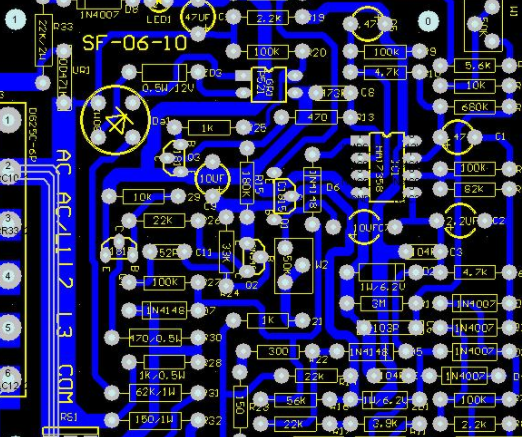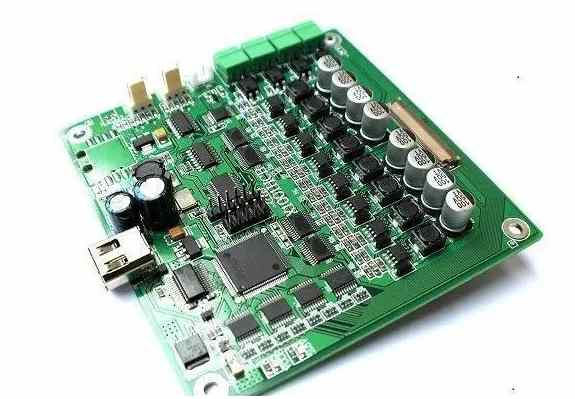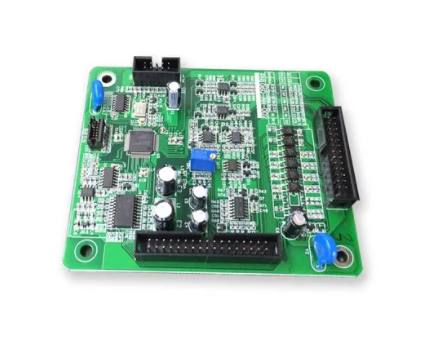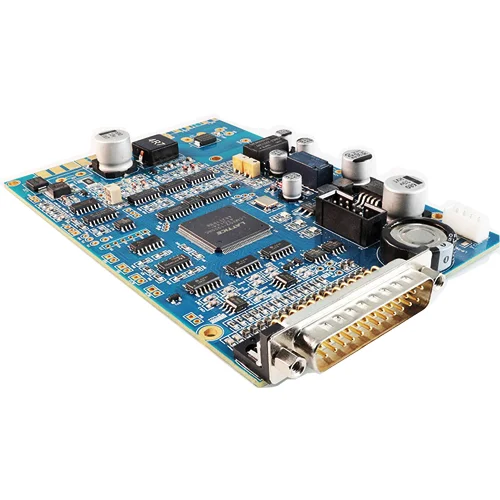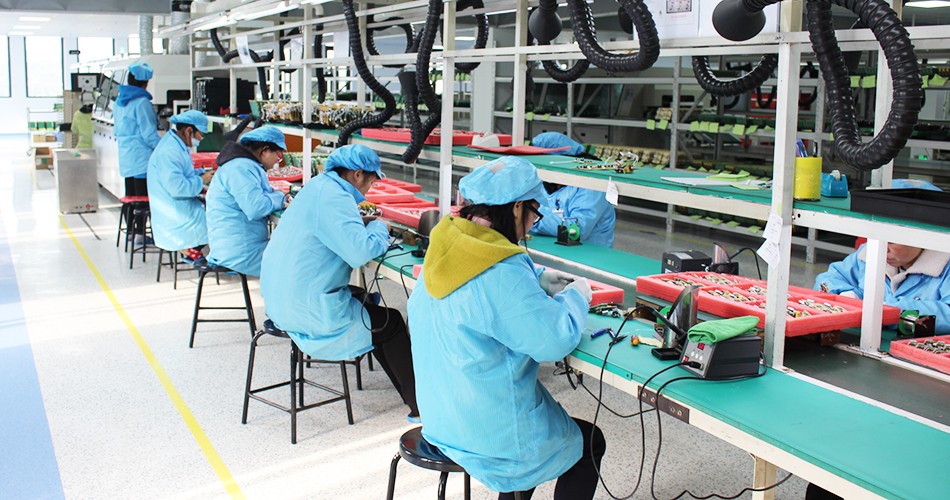
Shenzhen PCB manufacturer explained 18 common wastes in production management of PCBA processing plant
The purpose of PCBA lean production management is to eliminate waste, improve production efficiency and reduce production management costs. Therefore, we must know what factors will lead to production waste in the process of production management, so as to eliminate and solve them one by one.
The following are 18 waste phenomena of production management summarized by KingFord Electronics in years of PCBA production management:
First: waste caused by inadequate personnel management.
1. Waste caused by improper personnel arrangement.
Uneven staffing leads to the production line is not smooth, and the production line is congested, leading to a decline in production efficiency and waste.
The personnel were not accurately assigned to their posts, and they were not placed at the wrong posts in combination with their operating skills, the complexity of their posts, the difficulty of their process requirements and other factors.

2. Waste caused by inadequate personnel training.
Personnel were not trained before the application of new technologies and processes;
New employees are not trained before taking up their posts;
Technical and process changes have not been trained;
Personnel are transferred or replaced without training;
The new equipment operation training is not in place.
3. Waste caused by inadequate antenatal reminders.
4. Waste caused by inadequate supervision and guidance of personnel
Second: waste caused by poor mental state of operators.
1. The operator's mental state is not centralized;
2. The operator is in poor mental state.
Third: waste caused by personnel violations.
1. Waste caused by violation of technical process operation requirements;
2. Waste caused by violation of operation requirements of operation instructions;
3. Waste caused by violation of labor discipline;
4. Waste caused by illegal command.
Fourth: waste caused by equipment itself.
1. The equipment is old and aging, with unstable performance and frequent failures;
2. Waste caused by unreasonable and unscientific equipment planning and layout.
Fifth: waste related to equipment operation.
1. Waste caused by illegal operation of equipment.
The training of operators is not in place;
Operators operate the equipment in violation of regulations;
Inadequate supervision and guidance during operation;
No clear person responsible for operation;
Illegal operation during shift;
Command error.
2. Waste caused by failure to confirm equipment.
No spot check confirmation before startup;
The change of production has not been confirmed;
Negligent confirmation or failure to check as required during operation.
Sixth: waste related to equipment management.
1. Waste caused by inadequate equipment inspection.
The operation status of the equipment is not inspected as required;
The patrol method is not implemented properly;
There is no patrol plan for equipment operation status;
There are loopholes in the patrol scheme.
2. Equipment maintenance.
There is no specific equipment maintenance plan;
The equipment maintenance plan does not specify specific maintenance items;
The equipment maintenance plan does not specify the specific maintenance cycle.
3. Frequent failures due to inadequate commissioning of new equipment.
Seventh: waste caused by inadequate material management.
1. Material shortage.
The inventory of materials is not confirmed according to the plan before the start of production;
Excessive material waste during production.
2. Wrong material.
No confirmation before feeding;
The material is not identified;
Incorrect or unclear material identification;
The material storage location is wrong;
The material quality status ID is incorrect;
The identification of material quality status is not clear and easy to identify;
Materials with different quality statuses are not identified.
3. Waste caused by disordered material placement.
Materials are not easy to find.
Eighth: waste caused by unqualified materials.
Ninth: waste caused by operation instructions.
1. The version status of operation instructions is inappropriate;
2. The requirements of the operation instructions are ambiguous;
3. The content of the operation instructions is incomplete or has loopholes.
Tenth: waste caused by inadequate management of operation instructions.
1. Operation instructions have not been reviewed and approved;
2. Waste caused by inadequate distribution of operation instructions or errors;
3. Change the requirements of operation instructions without permission;
4. Oral notice to change the operation instructions;
5. The new and old versions of the operation instructions exist on site at the same time.
Eleventh: waste caused by technology.
1. The technical process content is incomplete;
2. The requirements of technical process regulations are ambiguous;
3. The technical process version status is inappropriate.
Twelfth: waste caused by inadequate technical process management.
1. Inadequate or wrong distribution of technology and process;
2. The technical process is directly implemented without review and approval;
3. Change technical process requirements without permission;
4. The superior department orally informs to change the technical process;
5. Both new and old versions of technology and process exist on site.
Thirteen: Waste caused by inadequate site area planning.
1. The planning of each area on the site is unreasonable and unscientific, and the layout is not planned according to the requirements of the process flow;
2. The identification of each area on the site is unclear and difficult to identify.
Fourteenth: waste caused by inadequate site environment.
1. The illumination of the site does not meet the requirements, which makes the appearance color of the product difficult to identify or makes the operators sleepy;
2. Poor ventilation on site leads to fatigue of operators;
3. The site temperature and humidity did not consider the physiological and psychological requirements of operators.
Fifteenth: waste caused by inadequate self inspection, mutual inspection and patrol inspection.
1. Start up for mass production without first article confirmation;
2. Self inspection is not strictly implemented in the production process;
3. Mutual inspection is not carried out for the previous and next processes;
4. Management personnel failed to patrol;
5. Self inspection, mutual inspection and patrol inspection management plans are not in place:
First article confirmation is not specified clearly;
The person responsible for the first article confirmation is not clearly specified;
There is no clear requirement for mutual inspection of the upper and lower processes;
There is no specific patrol management plan;
The patrol management plan does not specify the specific patrol cycle;
The patrol management plan does not specify specific patrol items;
The patrol management plan does not require the patrol period for managers at different levels.
Sixteenth: waste caused by improper scheduling.
1. Waste caused by unreasonable production scheduling;
2. Waste caused by incomplete and unclear production scheduling requirements;
3. Waste caused by wrong scheduling requirements.
Seventeenth: Waste caused by inadequate implementation of production scheduling plan.
1. Waste caused by excessive production not according to the production schedule;
2. The waste caused by changing the production scheduling plan without permission.
Eighteenth: waste caused by unclear handover.
The above are 18 kinds of waste phenomena in production management summarized by KingFord pcb manufacturer in PCBA processing and production for many years. They are sorted out for your reference.



